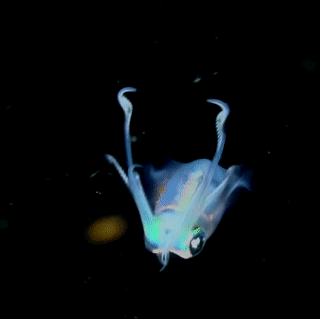Deep down in the oceans // Main blog- crimson-tension.tumblr
Don't wanna be here? Send us removal request.
Photo

Poromitra crassiceps
Karen Osborne, Smithsonian Institution
93 notes
·
View notes
Photo
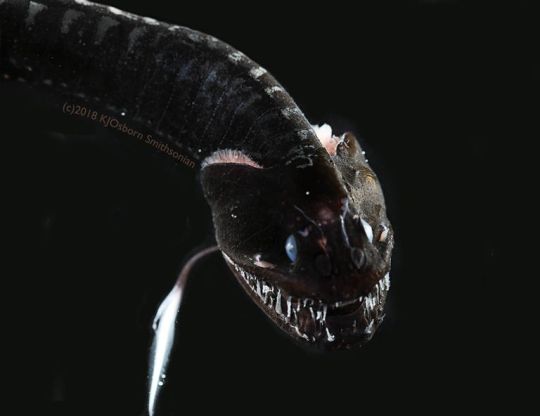
Idiacanthus antrostomus
Karen Osborne, Smithsonian Institution
307 notes
·
View notes
Photo

Idiacanthus antrostomus
Karen Osborne, Smithsonian Institution
77 notes
·
View notes
Photo
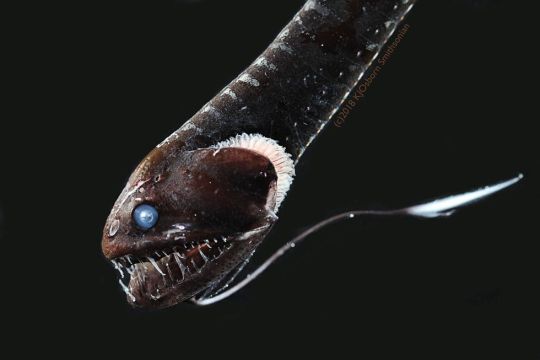
Idiacanthus antrostomus
Karen Osborne, Smithsonian Institution
82 notes
·
View notes
Photo
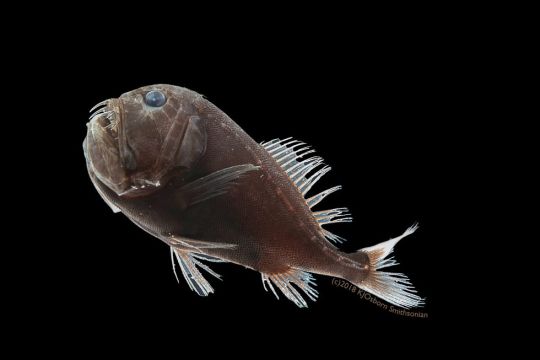
Anoplogaster cornuta
Karen Osborne, Smithsonian Institution
33 notes
·
View notes
Photo
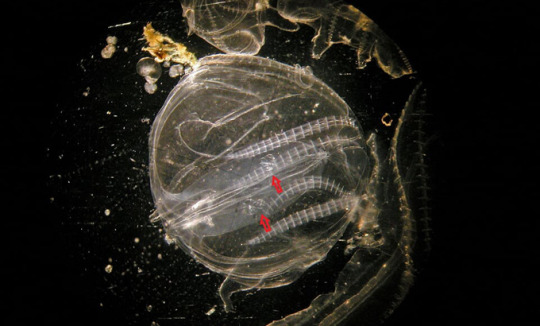
Juvenile comb jellies (indicated with red arrows) can be seen inside the auricles of an adult collected from Kiel Fjord in 2008. Jellies use their auricles to help draw in prey.
Jamileh Javidpour
58 notes
·
View notes
Photo

Adult warty comb jellies (Mnemiopsis ledyi) feast on their young after large summer population booms deplete their food, a new study finds. Cannibalism may help the animals last through the winter when there’s little to eat.
Bruno C. Vellutini/Wikimedia Commons (CC BY-SA 3.0)
53 notes
·
View notes
Photo





OceanX and Photographer Paul Caiger Showing the Many Faces of the Ocean Twilight Zone.
@oceanx @paulcaiger
656 notes
·
View notes
Photo

Melanocetidae (Larval female anglerfish)
by Dante Fenolio
133 notes
·
View notes
Photo

Histioteuthis bonnellii. (Jewel squid)
Credit: David Shale/MAR-ECO, Census of Marine Life
121 notes
·
View notes
Photo

Tomopteris carpenter. (Striped deep sea worm)
Credit: © Hauke Flores, AWI
85 notes
·
View notes
Photo

Phronima
Credit: © David Shale
218 notes
·
View notes
Photo

Neolithodes sp. (Spiny Deepsea King Crab)
Credit: © David Shale
52 notes
·
View notes


